Palestinian man dies of wounds sustained in anti-occupation protest
A Palestinian man has died four days after being critically injured during clashes between Israeli troopers and a group of Palestinian protesters participating in an anti-occupation rally along the border fence between the besieged Gaza Strip and the Israeli-occupied territories.
Ashraf al-Qidra, the spokesman for the Gaza Health Ministry, said in a statement that Samir Ghazi al-Nabahin died on Tuesday afternoon.
The 47-year-old man was gravely injured after a tear gas canister struck him in the face as Israeli military forces sought to suppress a “Great March of Return” protest rally east of Bureij refugee camp in the central Gaza Strip on January 25.
Qidra went on to say that Nabahin had been in an intensive care unit after the injury.
Israeli forces wound 18 Palestinians in Gaza naval march
Meanwhile, at least 18 Palestinians have been injured as hundreds of people staged a demonstration near the Gaza Strip's northern maritime border with the Israeli-occupied territories during a weekly protest against the Tel Aviv regime’s 12-year naval blockade.

The Arabic-language Safa news agency reported that eight protesters were struck with live bullets on Tuesday, while the rest suffered wounds after being hit with rubber-coated steel bullets near Zikim naval base, which lies just north of Gaza.
Dozens of demonstrators suffered tear gas inhalation as well, and were transferred to hospitals for treatment.
Israel imposed a limit of three nautical miles on fishing in the waters off the Gaza shore until August 2014, when Palestinian fishermen were allowed to go out six miles under a ceasefire agreement reached between the Israelis and Palestinians following a deadly 50-day Israeli war in the same month.
The fishing zone is supposed to extend to 20 nautical miles under the Oslo Accords. The Oslo Accords were signed between the Israeli regime and the Palestine Liberation Organization (PLO) during the early-mid 1990s to resolve the Israeli-Palestinian conflict.

In May 2017, Israeli authorities increased the fishing area for Gazan fishermen to nine nautical miles.
Over the past few years, Israeli forces have carried out more than a hundred attacks on Palestinian boats, arresting dozens of fishermen and confiscating several boats.
The Gaza Strip has been under an Israeli blockade since June 2007. The blockade has caused a decline in the standard of living as well as unprecedented levels of unemployment and unrelenting poverty.
Tensions have been running high near the fence separating Gaza from the occupied territories ever since anti-occupation protest rallies began in the Gaza Strip on March 30 last year. More than 250 Palestinians have been killed by Israeli forces. Over 26,000 Palestinians have also sustained injuries.
The Gaza clashes reached their peak on May 14, 2018, on the eve of the 70th anniversary of Nakba Day (Day of Catastrophe), which coincided last year with the US embassy relocation from Tel Aviv to occupied East Jerusalem al-Quds.
On June 13 last year, the United Nations General Assembly adopted a resolution, sponsored by Turkey and Algeria, condemning Israel for Palestinian civilian deaths in the Gaza Strip.
The resolution, which had been put forward on behalf of Arab and Muslim countries, garnered a strong majority of 120 votes in the 193-member assembly, with 8 votes against and 45 abstentions.
The resolution called on UN Secretary General Antonio Guterres to make proposals within 60 days “on ways and means for ensuring the safety, protection, and well-being of the Palestinian civilian population under Israeli occupation,” including “recommendations regarding an international protection mechanism.”
It also called for “immediate steps towards ending the closure and the restrictions imposed by Israel on movement and access into and out of the Gaza Strip.”
Tel Aviv tells Damascus Israeli forces will remain in occupied territory: Report
Dec. 22: ‘Axis of Resistance’ operations against Israeli occupation
‘Abhorrent’: Oxfam says only 12 trucks delivered aid in North Gaza since Oct.
VIDEO | Leader receives religious eulogists on Hazrat Fatima birth anniv.
Pope Francis slams Israel’s ‘machine-gunning’ of Gaza children
US hostage-taking of Iranian nationals violation of intl. law: Deputy FM
VIDEO | Carol Singers for Palestine on London’s Parliament Square
Ansarullah says ‘Israeli terrorists’ incapable of confronting Yemen, warns of secret weapons






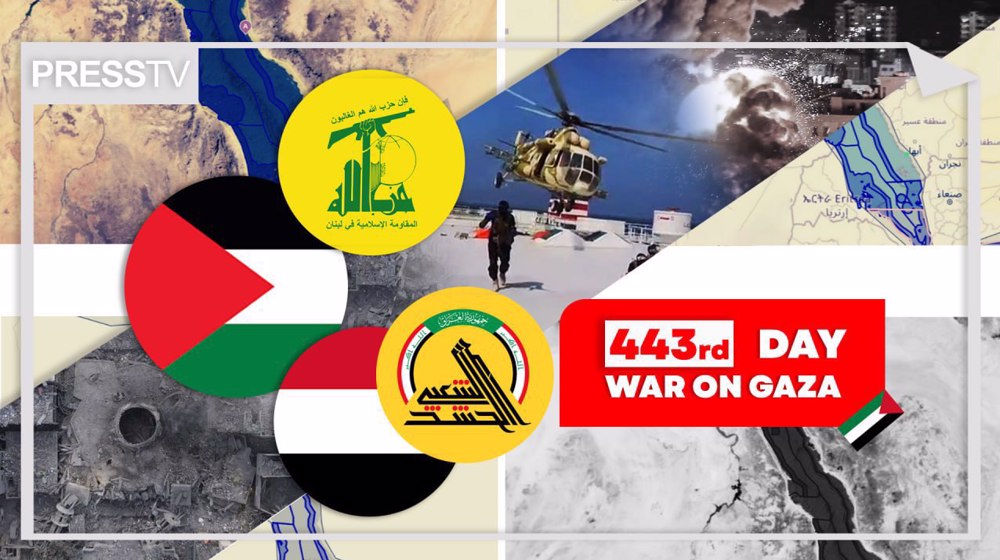
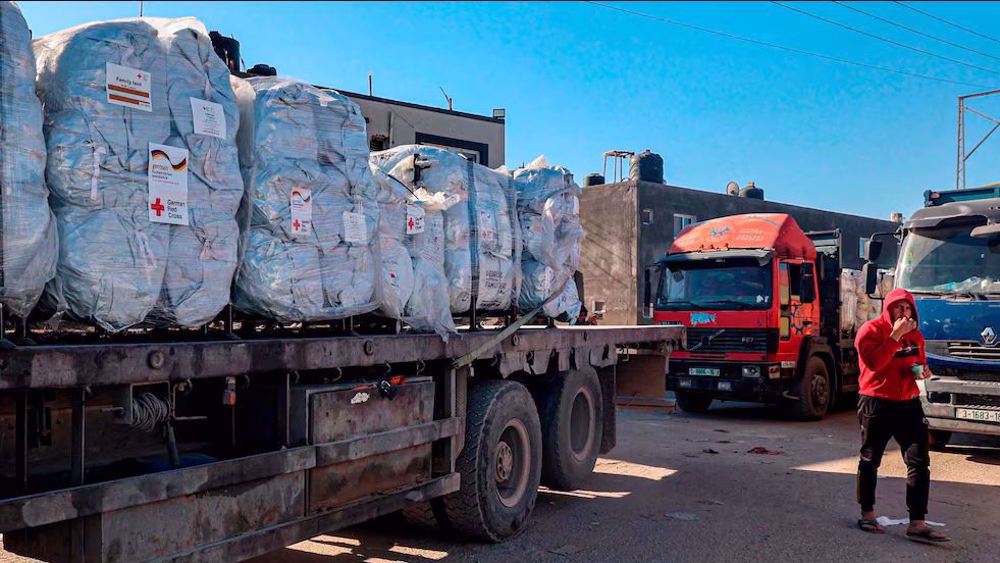
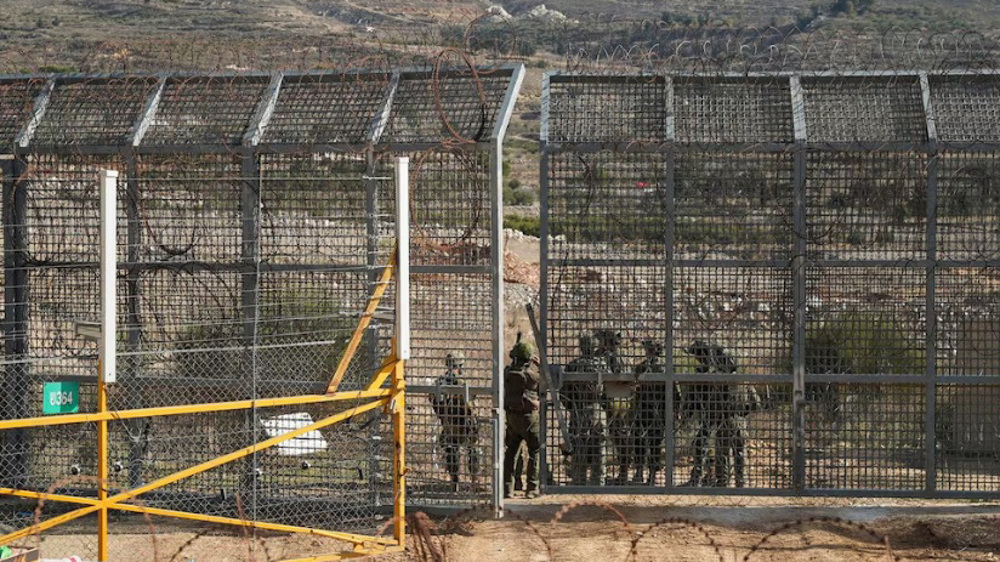




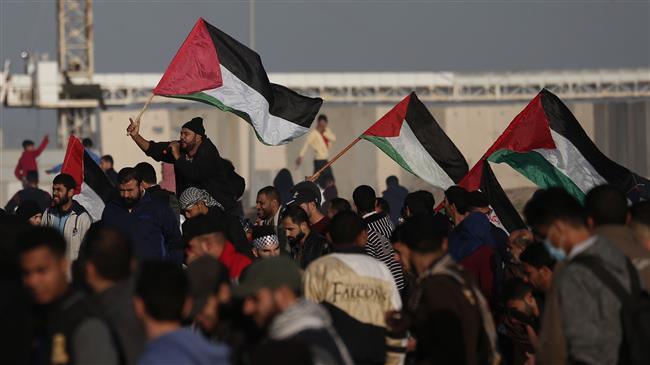
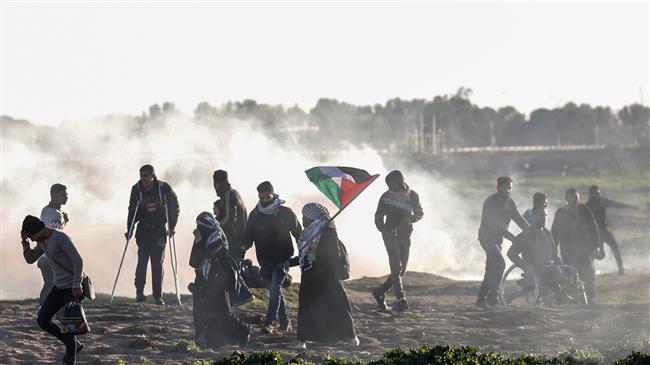



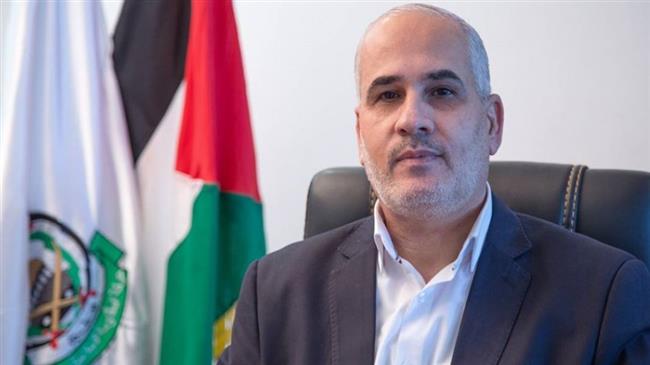

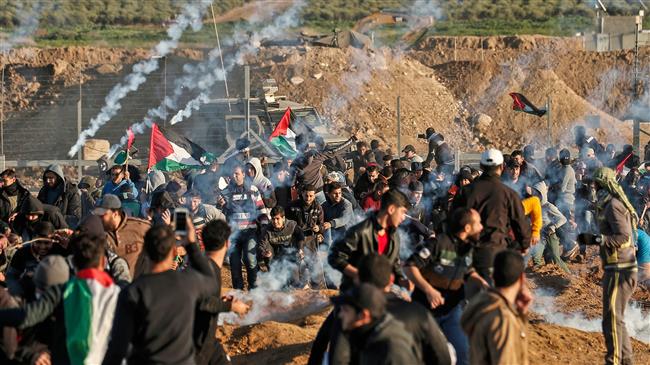

 This makes it easy to access the Press TV website
This makes it easy to access the Press TV website